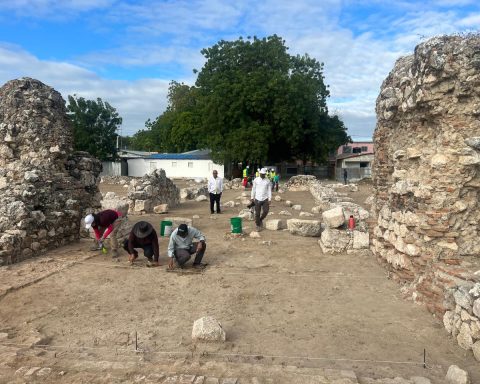The way we work is constantly changing, influenced by technological advances, sociocultural changes and new management approaches.
One of the most interesting and promising developments in this area is the introduction of the four-day week.
This model aims to shorten the working day without reducing productivity and at the same time increase the well-being of employees. employees.
Professor Julia Backmann and her team at the University of Münster are conducting a scientific study on the effects of this working time model. They focus on the impact on employee productivity, satisfaction and overall well-being.
Their research could be groundbreaking for companies, governments and other organizations considering changing their employees’ work schedules.
The research project at the University of Münster uses a multi-level approach to data collection that includes both quantitative and qualitative methods.
This methodology allows you to develop a detailed picture of the effects of the 4-day week:
1) Data tracking: Interested participants will receive a fitness tracker that will record physiological data such as heart rate, activity level, and sleep quality for the duration of the pilot project. This data will help understand the impact of the 4-day week on employees’ physical well-being.
2) Hair samples: To study the physical effects of the 4-day week, hair samples are taken to measure cortisol levels as an indicator of stress levels. These samples are analyzed before and after the introduction of the model.

3) Quantitative surveys: Participants will receive personalized links to online surveys that will be administered at the beginning, middle, and end of the pilot. These surveys collect data on factors such as well-being, stress levels, satisfaction, work performance, and energy consumption.
4) Qualitative interviews: In addition to surveys, interviews are conducted to gain deeper insights into employees’ personal experiences and attitudes toward the 4-day week. These interviews are transcribed anonymously and serve to better understand participants’ perceptions and subjective challenges.
Data from the early phases of the study so far suggest that the four-day week not only improves employee well-being, but also has a positive impact on productivity. Although the final results are still pending, the results obtained so far provide valuable information on how to make the world of work fairer, more efficient and more people-centered.
Companies that decide to participate in the study not only benefit from the latest research results, but also receive a personalized report that helps them apply the results in practice and optimize their own working time models.

















